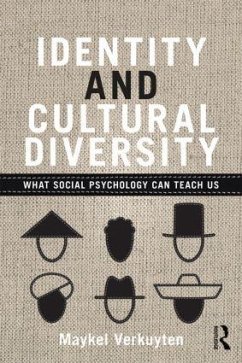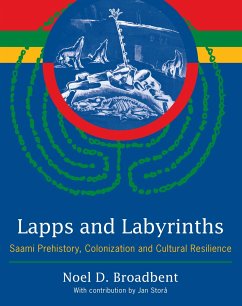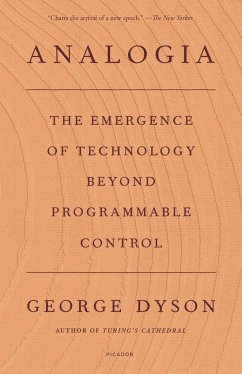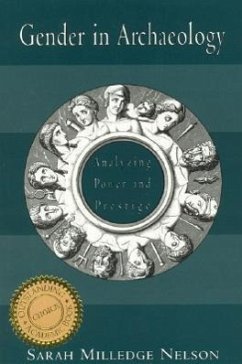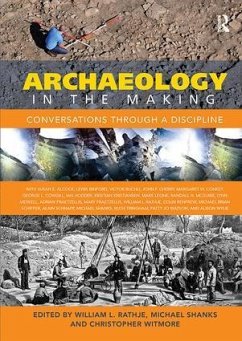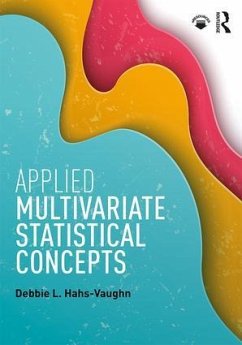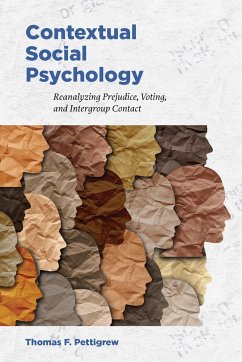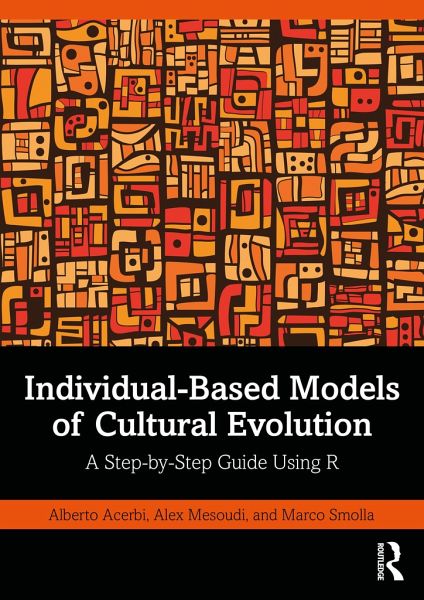
Individual-Based Models of Cultural Evolution
A Step-by-Step Guide Using R
Versandkostenfrei!
Versandfertig in über 4 Wochen
66,99 €
inkl. MwSt.
Weitere Ausgaben:

PAYBACK Punkte
33 °P sammeln!
Individual-Based Models of Cultural Evolution shows readers how to create individual-based models of cultural evolution using the programming language R. The field of cultural evolution has emerged in the last few decades as a interdisciplinary effort to understand cultural change and cultural diversity within an evolutionary framework.




